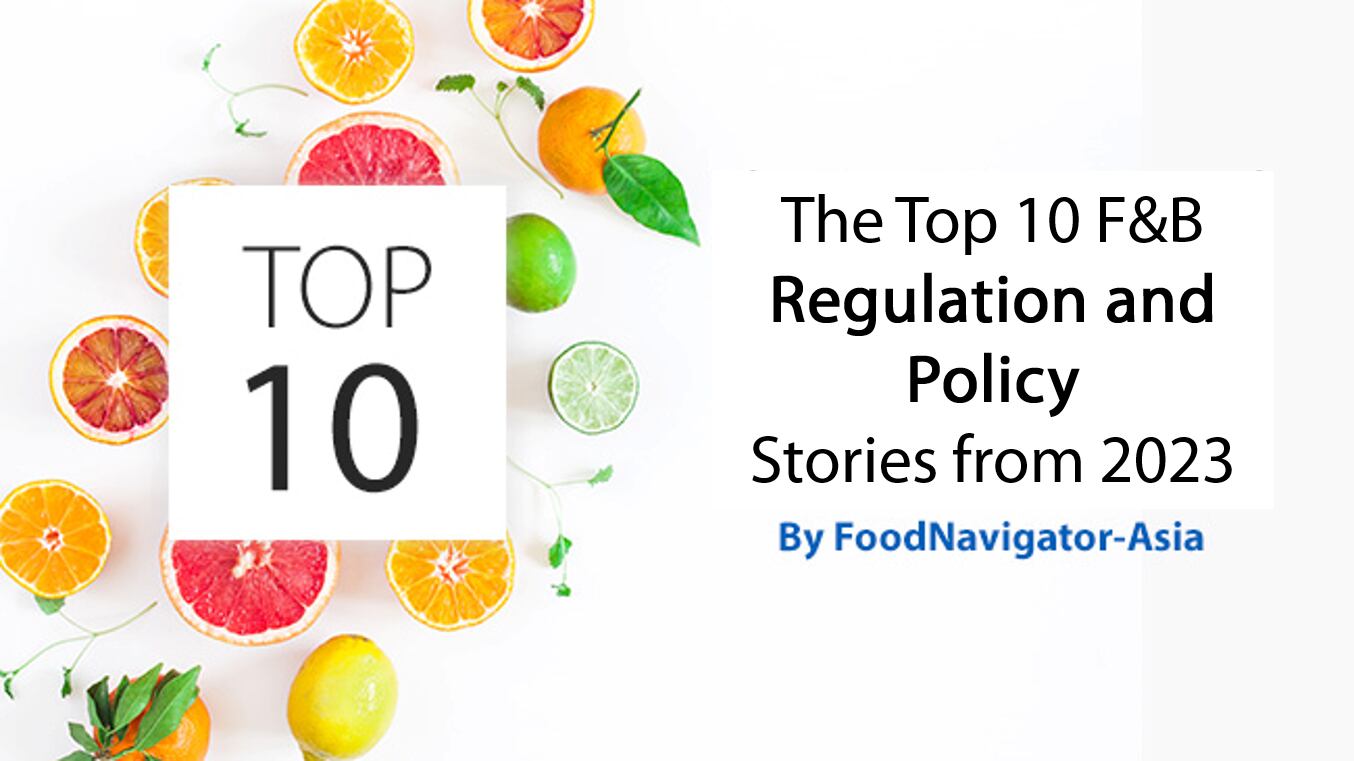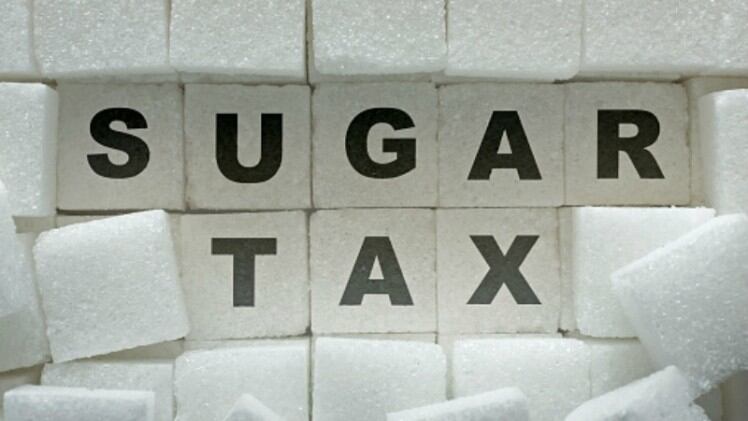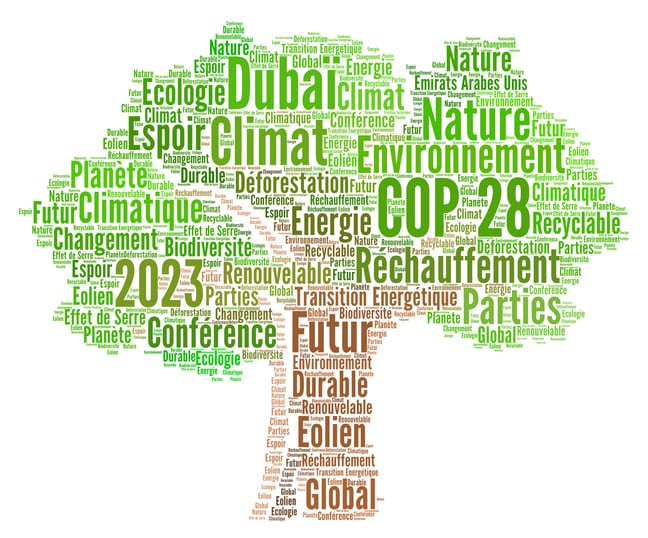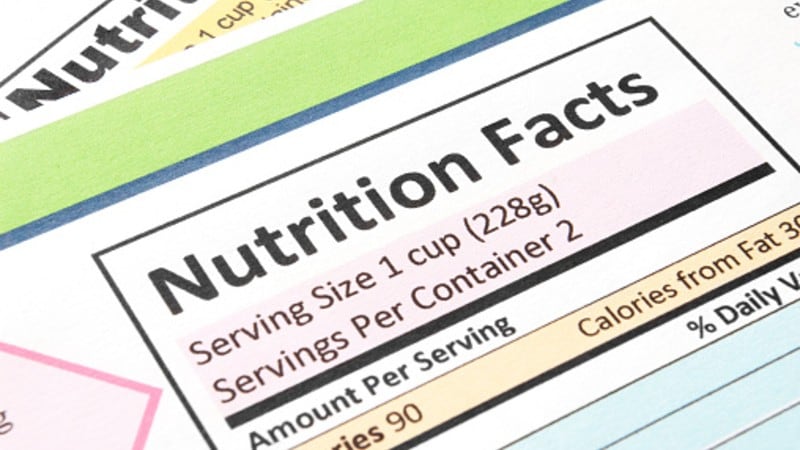Palm oil trade war? South East Asia gears up to fight back against EU deforestation regulation
Major South East Asian palm oil producer countries geared up to retaliate against the European Union’s controversial deforestation regulation earlier this year.
The European Union (EU) parliament approved its long-debated deforestation regulation last year, and has not budged on its position despite long-time opposition from many producer countries worldwide, especially palm oil producing nations such as Malaysia and Indonesia in the ASEAN region.
Previously the two palm oil heavyweights had been less consistent in their approach opposing the deforestation regulation, but given the recent developments as well as Malaysia’s change of government, much stronger co-operation appears to be on the cards.
Who will pay? APAC cocoa industry says EU Deforestation Regulation could create ‘two-tier market’
The cocoa and chocolates industry in Asia Pacific voiced concerns that the EU Deforestation Regulation could lead to a two-tier market for cocoa beans, which could have far-ranging cost and pricing implications.
A lot of the debate and backlash to the EU’s controversial Deforestation Regulation (EUDR) has largely been voiced and led by the palm oil industry in Asian producer markets, but the policy will also have major impacts for commodities such as cocoa, coffee, rubber and many more.
The EUDR came into force in June 2023, with an 18-month transition period for companies until December 2024.
Dairy development: Malaysia looks to update four-decade-old milk regulations to prevent food safety and fraud concerns
The Malaysian Ministry of Health (KKM) released a statement this year seeking public opinion to update the local statutes governing food safety and quality of milk products in the country, citing concerns of fraudulent or unsafe products falling through the cracks.
The current statute governing these products is the 1985 Food Regulations, and the scope of milk products that KKM is seeking to improve control include skimmed milk, non-fat milk, pasteurised milk, recombined milk, reconstituted milk and so on.
“KKM is seeking the public’s opinion to update these regulations in order to protect the public from the potential health risks and prevent fraudulent handling of the preparation, sale or usage of these foods and beverages,” KKM said via a formal statement.
Safe for second use: South Korea approves recycled PET as material for new food and beverage containers
South Korea gave the nod earlier this year for recycled PET plastic to be used as a material to make new food and beverage containers as part of its national sustainability strategy, citing work by international brands such as Coca-Cola and PepsiCo as an inspiration.
The South Korean government has been proactively pushing its sustainability goals to reduce its plastic waste production by half, as well as more than double recycling rates from 34% to 70% by 2030.
From January 2023 recycled PET was approved as a raw material to be used to make new food and beverage containers for use within the food and beverage system.
Too much sugar focus: ‘More measures’ needed for Singapore’s Nutri-Grade system to improve consumer diets – study
Singaporean researchers published a study earlier this year on the government’s Nutri-Grade front-of-package (FOP) beverage labelling scheme, which concluded that more work needs to be done for it to make a positive impact on consumer dietary and purchasing choices.
Singapore first announced the Nutri-Grade labelling scheme for sugar-sweetened pre-packaged beverages back in 2020, and this was finally officially enforced in the country in December 2022 after various delays attributed to COVID-19.
The scheme grades beverages from A (healthiest) to D (least healthy) in terms of sugar and saturated fat levels.
Show us the criteria: Malaysian palm oil sector calls for ‘more transparency’ from EU on Deforestation Regulation amidst high-risk listing debate
The palm oil industry in Malaysia called for the European Union (EU) to provide more clarity over how it will define ‘high-risk’ countries under the Deforestation Regulation earlier this year, stressing that current scientific data has already demonstrated it should be omitted from this list.
The EU Deforestation Regulation (EUDR) was approved in parliament late 2022, spelling increased challenges for countries producing palm oil and other commodities such as coffee and cocoa.
This is mainly due to the strong likelihood of many producer countries being classified as ‘high-risk’ deforestation markets based on as-yet-unrevealed criteria by the EU, and subsequently subjected to a new set of costly, complicated guidelines.
Nutritional labelling catch-up: Vietnam moves to implement mandatory regulations and align with international standards
Vietnam moved to implement regulations this year to mandate the display of nutritional labelling according to national standards on all qualifying food and beverage products in the country, progressing from its previous voluntary labelling system.
According to government data, presently just 60% of food and beverage firms in the country were displaying nutritional labels on their products. The majority of these were larger brands and retailers.
“A study by the Ministry of Health Department of Preventive Medicine has shown that overall 60% of products have nutritional information provided – it also found that 82% of non-alcoholic beverages are attaching labels, but just 50% of processed packaged foods are doing this,” Vietnamese Deputy Minister of Health Do Xuan Thuyen said via a formal statement.
Expiration experimentation: South Korea embarks on nationwide project to set ‘use-by’ dates for food and beverage products
The South Korean government implemented a nationwide project earlier in the year to set ‘use-by’ dates for some 2,000 food and beverage items, in an attempt to cut national food waste.
In August 2021, South Korea passed a historical change to its food labelling and advertising regulations to replace existing on-pack expiration dates with a new ‘use-by’ dates system, the first major change the country made in almost 40 years.
The traditional expiration dates were ‘sell-by’ dates by which retailers were mandated to remove the products from shelves, generally within 60% to 70% of the timeframe that food is still considered safe for consumption.
The newer use-by dates significantly extended the timeframe that products would be made available to consumers, within 80% to 90% of the timeframe for safe consumption. It was also expected to reduce the amount of food disposed in-home by consumers based on the dates printed on-pack.
World’s most vegan-friendly nation? New climate bill reinforces support for plant-based diets rooted in Taiwanese culture
Taiwan’s largest plant-based food manufacturers have claimed consumers are increasingly adopting vegetarian diets for sustainability and health reasons, as opposed to religious factors, with government policies helping propel further growth.
Taiwan’s Council of Agriculture passed a climate bill earlier this year mandating government departments to promote low-carbon diets, including plant-based and locally sourced foods.
This was preceded by lobbying from local civil society organizations, which managed to get sufficient political support to pass the bill.





